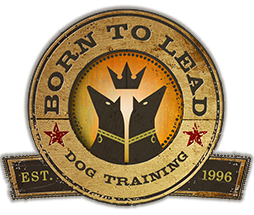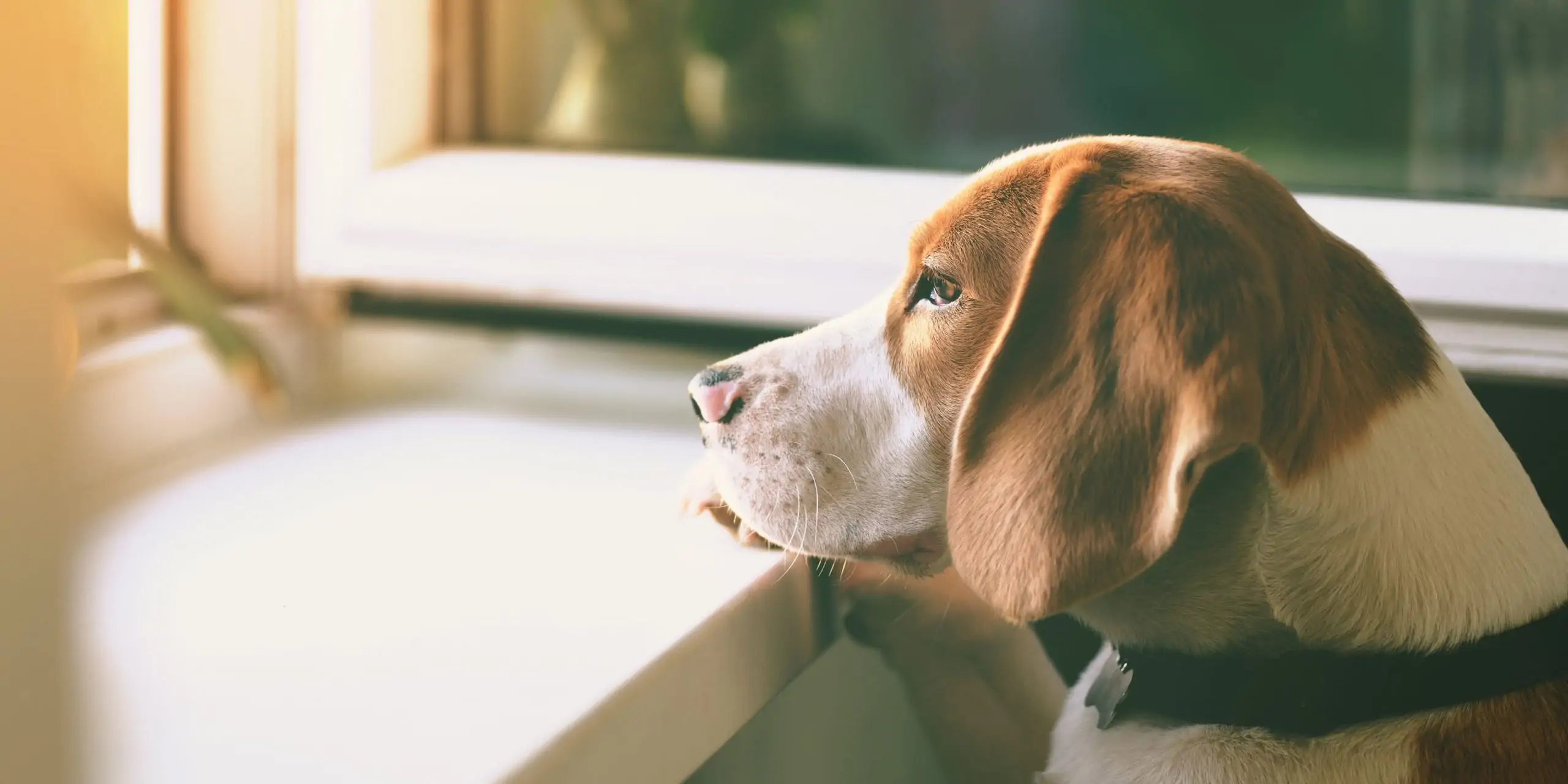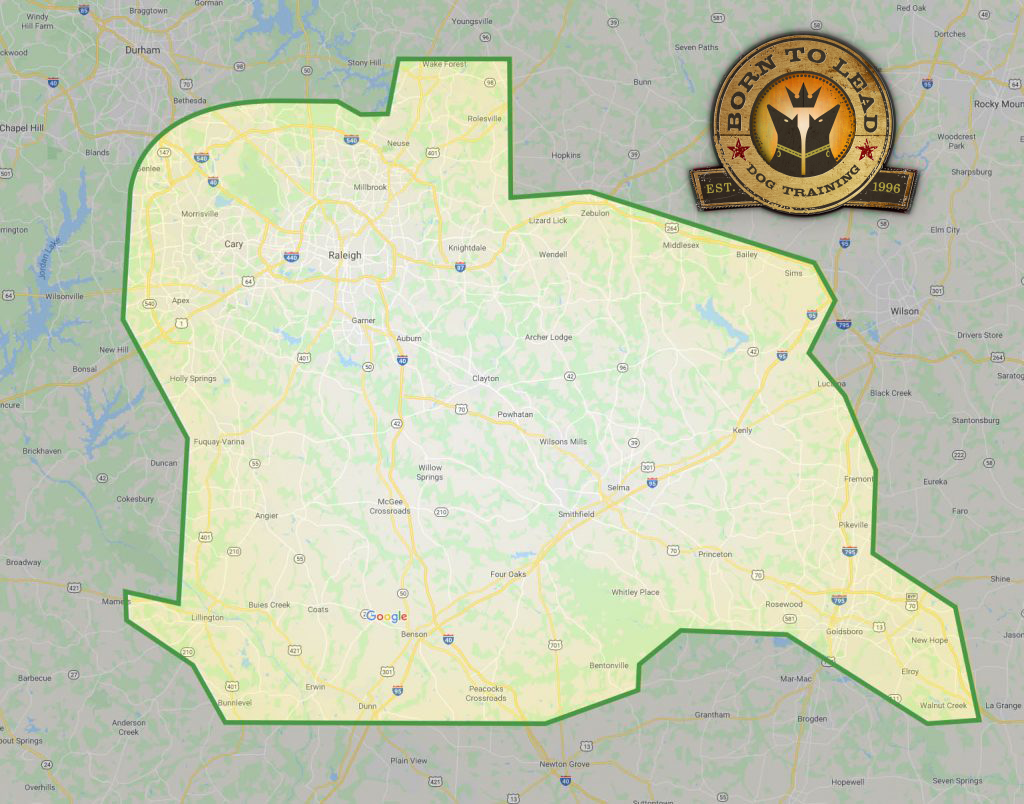Many dogs will whine or bark for a few minutes when left alone, but if this behavior escalates to continuous vocalization, destructive behavior or out-of-character housebreaking accidents, then your dog has separation anxiety. Many owners believe their dog is “getting back at them” for being left alone. In actuality, chewing, digging and barking help the dog relieve stress. Anxiety speeds up their digestive system and they often can’t control their bladder and bowels. To top it off, many people come home, find the mess their dog created, and punish the dog. This leads to more anxiety and that leads to more destructive behavior. To ease separation anxiety, you may have to modify your own behavior as well as that of your dog. Your goals are to make your dog less dependent on you when you are present and to actually look forward to your absences.
Low-key entrances and exits: Your dog may perceive a huge difference between times you are home and times you are absent. To lessen this difference, pay no attention to your dog (no petting, no talking, no eye contact) for twenty minutes prior to leaving your house. Do the same when you come home. We know this is hard to do when your dog is trying to greet you, but keep busy by checking answering machines messages, reading mail, or eating a snack. If you need to take the dog outside right away, do it as unemotionally as possible. Leave the TV or radio on when you are gone.
Independence training: When you are at home, encourage the dog to be away from you. Place him in a down/stay on either side of the room. Discourage him from following you from room to room. If he tries to constantly gain your attention, ignore him. If he is crate-trained, crate him while you are home occasionally. Never let him out of his crate while he is barking, whining or scratching. Wait until he is calm and then let him out. Ignore him for a few minutes afterward. You can still spend time with your dog, but don’t pay attention to him constantly while you are home.
Exercise: Increase your dog’s exercise as much as your schedule and your dog’s health allows. Wear him out!!! If possible, get up a half hour early and exercise him before leaving for the day.
Vary your routine: If every morning your alarm goes off, you wake up, get dressed, make coffee, walk the dog, eat breakfast, put on your coat, pick up your keys and then leave, your dog’s anxiety may begin as soon as your alarm goes off. His anxiety may escalate with each event he knows precedes your departure. By the time you pick up your keys, he is a bomb waiting to go off. Vary your routine as much as possible to avoid this escalating anxiety. Go through your routine but don’t leave. Occasionally, pick up your keys and put them back down. Don’t let him predict your departure. Vary the amount of time you are gone and the time of the day you are gone. For instance, sometimes leave and come back two minutes later.






